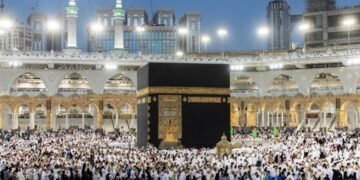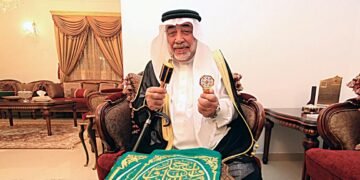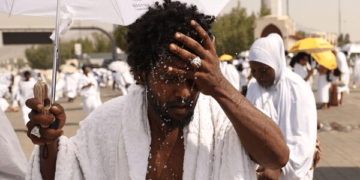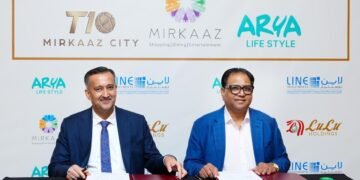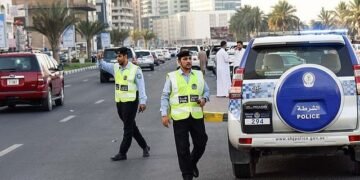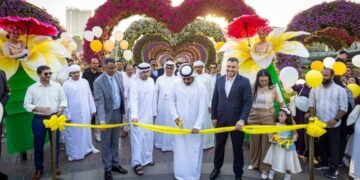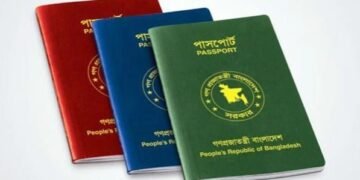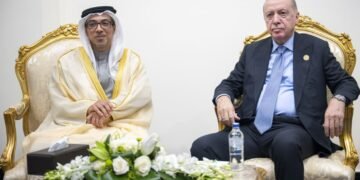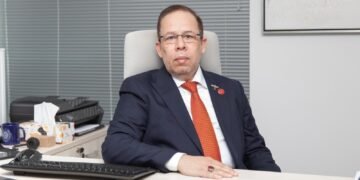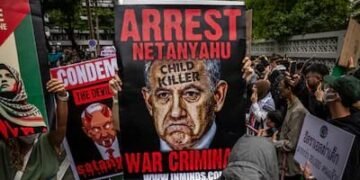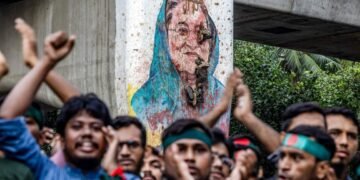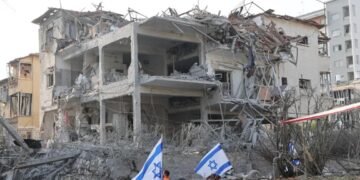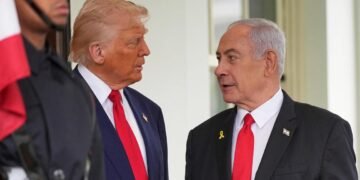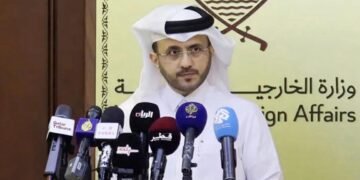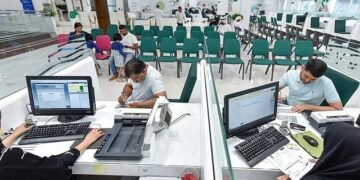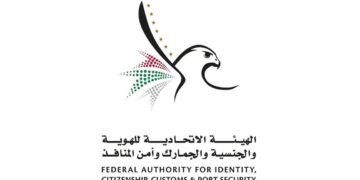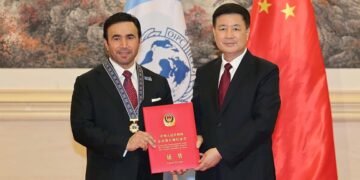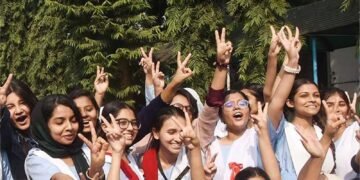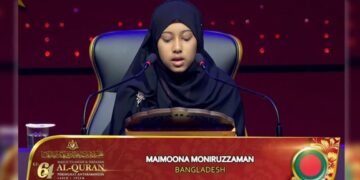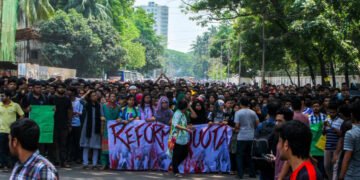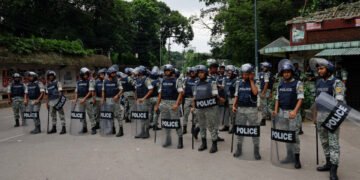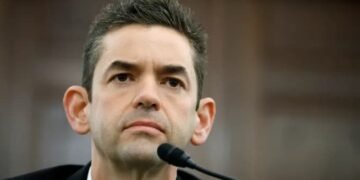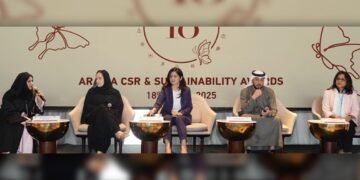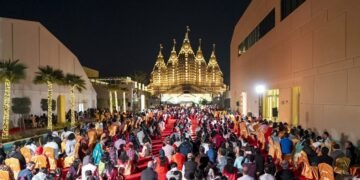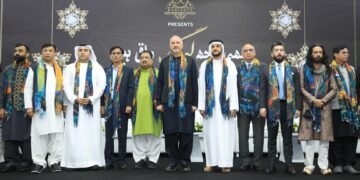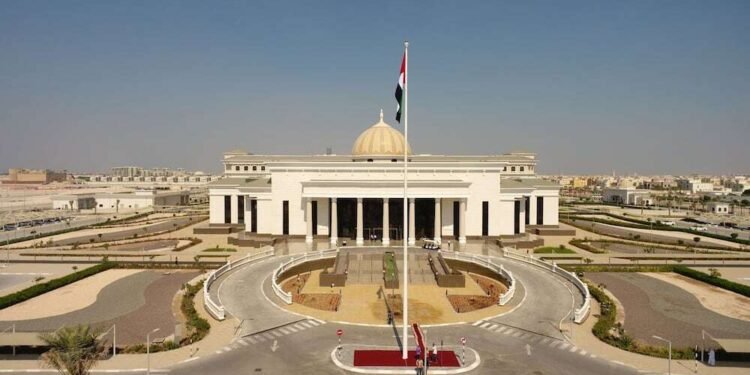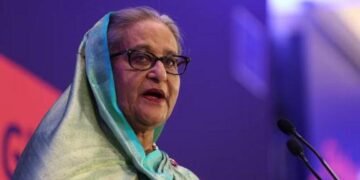Five defendants were sentenced to 10 years in prison and fined Dh10 million each for money laundering crimes
The Abu Dhabi Federal Court of Appeals State Security Division convicted 53 members of the terrorist Muslim Brotherhood organisation, as well as six companies in the Justice and Dignity Organisation’ case.
The court sentenced them to penalties ranging from life imprisonment to fines of up to Dh20 million.
Forty-three of the defendants were sentenced to life imprisonment for establishing, founding, and managing the Justice and Dignity Organisation for the purpose of committing terrorist acts within the state. Five defendants received 15-year prison sentences for collaborating with the illegal Reform Call Organization by publishing anti-state articles and tweets on social media.
Another five defendants were sentenced to 10 years in prison and fined Dh10 million each for money laundering crimes derived from establishing, founding, and funding a terrorist organisation.
Additionally, six companies and their officials were fined Dh20 million each, with orders to dissolve and close their premises, and confiscate their assets, both tangible and intangible, including funds, properties, and other materials used in the crimes of money laundering by an organised criminal group and using the proceeds to fund a terrorist organisation.
The court also dismissed the criminal cases against 24 defendants accused of collaborating with and providing financial support to the Reform Call Organization, and acquitted one defendant of all charges. Notably, this ruling is subject to appeal before the Federal Supreme Court.
Court reasoning
In its reasoning, the court emphasised that the crime of establishing, founding, and managing the Justice and Dignity Organisation is distinct from the crime for which they were prosecuted in a previous case related to state security. The evidence presented in the case — including confessions and statements from several defendants, witness testimonies, and technical reports — was sufficient to prove the defendants’ guilt.
The court was convinced that the defendants, members of the Reform Call Organisation (Muslim Brotherhood), classified as a terrorist group, attempted to replicate violent events within the state similar to those that occurred in Arab countries, involving protests, clashes with security forces, casualties, and property damage. These actions aimed to spread fear, create a crisis threatening public order and state stability, and endanger lives and property.
The court handled the case over more than 10 sessions, ensuring all legal rights and guarantees for the defendants, including the right to choose their lawyers, appointing lawyers for those without representation, and listening to their defence and written memoranda. Witness testimonies were heard in public sessions where defendants and their lawyers could cross-examine them.
The Public Prosecution, during a public session, presented its evidence, which included defendants’ confessions, investigations, testimonies of State Security officers, and technical expert reports. All evidence confirmed the crimes committed by the defendants, proving their roles and establishing that these were distinct crimes from those they were previously prosecuted for. The prosecution adhered to the principle of non-retroactivity of criminal laws and the prohibition of double jeopardy.




